As the world continues to grapple with the digital revolution and its impact on society, the upcoming UNESCO Global Media and Information Literacy (MIL) Week, slated for October 24th to 31st, 2023, assumes paramount importance in fostering responsible media consumption and production in digital spaces.
In a recent statement, António Guterres, Secretary-General of the United Nations, underscored the transformative nature of the internet, akin to the printing press, necessitating a profound reevaluation of ethical and intellectual approaches to knowledge, communication, and social cohesion. The profound influence of digital and new media technologies on society cannot be overstated. These technologies have revolutionized the way we inform, educate, and connect with one another, offering unprecedented opportunities for expression and access to information.
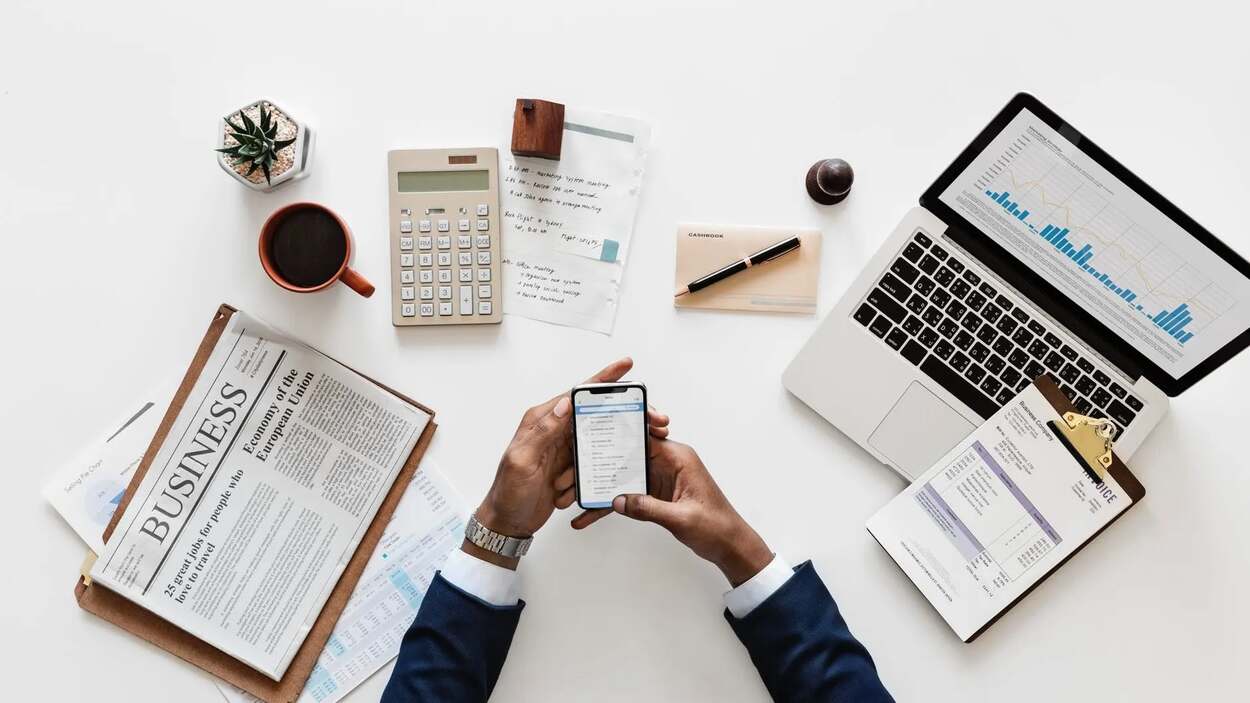
In the digital era, society has become both consumers and producers of media content, provided they possess the requisite skills to engage effectively in the new media landscape. However, a critical question arises: Are we discerning enough when it comes to evaluating information in the media?
Recent statistics underline the ubiquity of the digital world in our lives. As of April 2023, there were a staggering 5.18 billion internet users worldwide, constituting 64.6% of the global population. Of this total, a significant 59.9% were active social media users, while 59.3% of internet users aged 16 to 64 employed the internet as a primary source for information retrieval, according to the Digital 2023 Global Statshot Report by Meltwater.
Despite the undeniable advantages of digital connectivity, concerns have emerged regarding information pollution and the spread of misinformation. In June 2023, the UN published a policy brief on “Information Integrity on Digital Platforms,” revealing that 75% of United Nations Development Programme country offices had identified information pollution as a significant concern. A global survey found that 58.5% of regular internet and social media users were apprehensive about encountering misinformation online, with young people and individuals in low-income brackets experiencing heightened vulnerability.
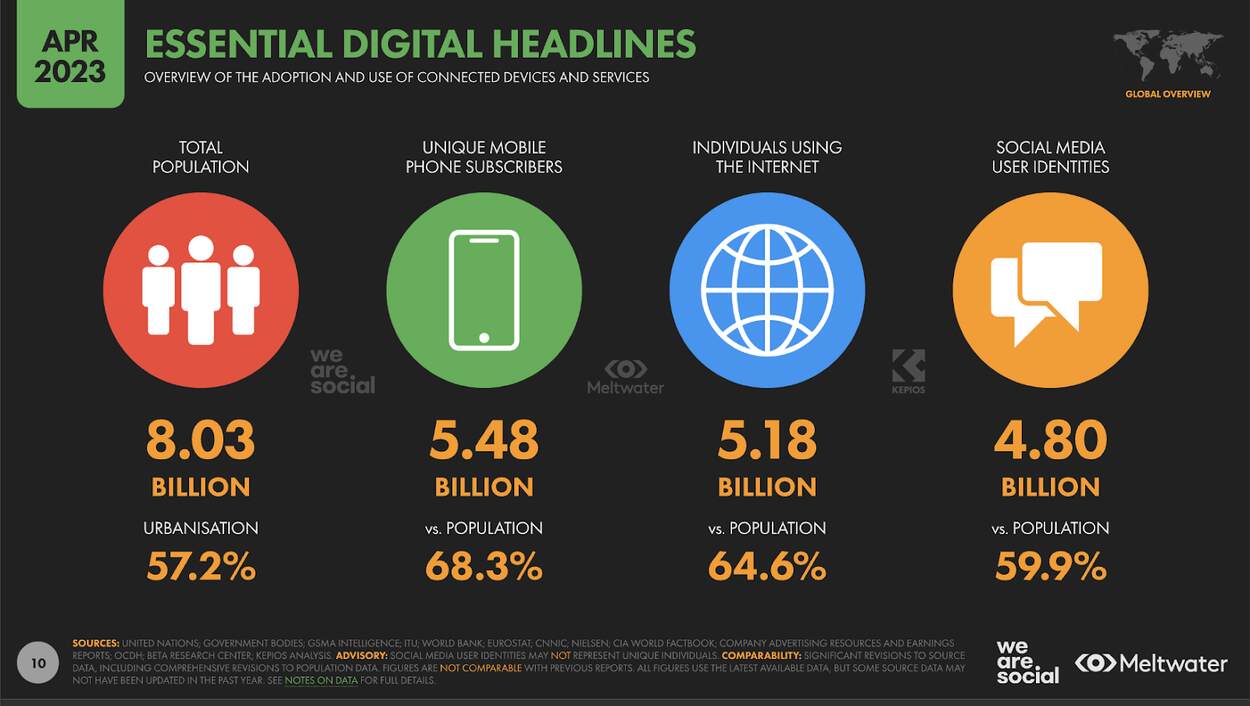
Youth in the digital age
Youth, in particular, are at the forefront of the digital revolution, with 75% of 15 to 24-year-olds online in 2022, compared to 65% for the rest of the population. While this presents unique opportunities for communication, learning, and socialization, it also exposes them to a myriad of new ideas and diverse sources of information.
The UNESCO Global Education Monitoring (GEM) 2023 Report further revealed a concerning statistic: only around half of 15-year-olds in OECD countries are proficient at distinguishing facts from opinions, highlighting the urgent need to enhance media and information literacy (MIL) skills.
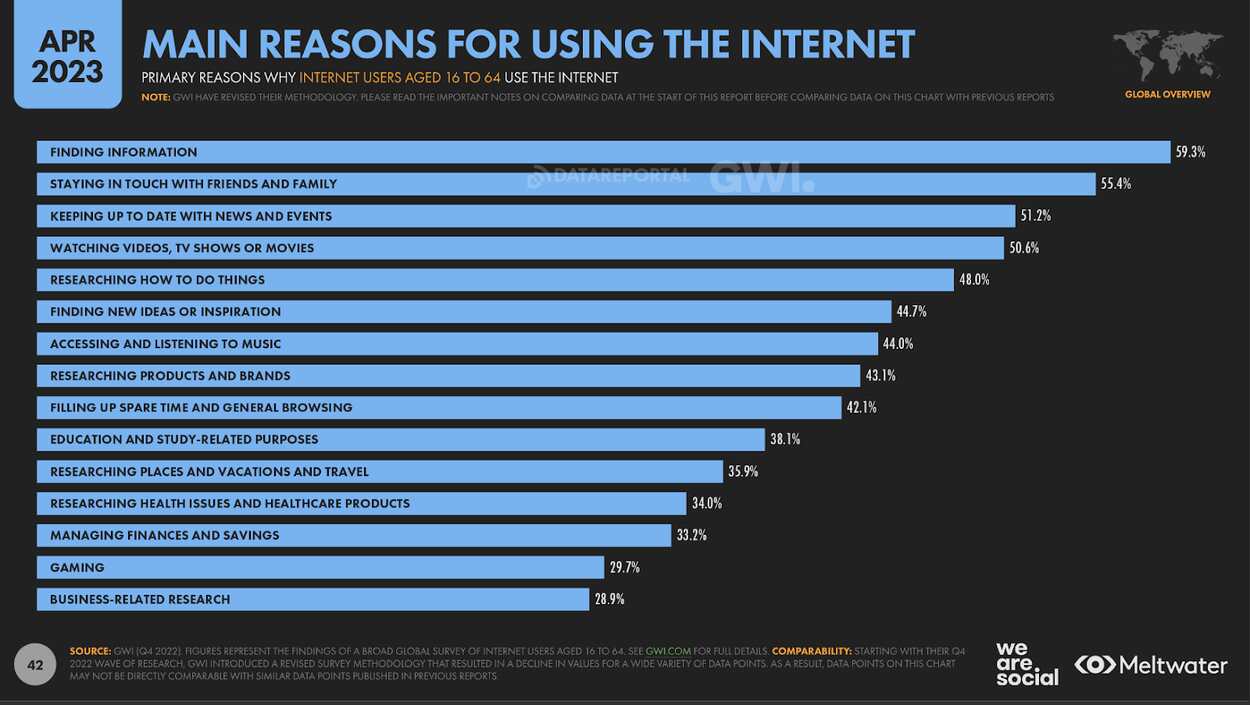
As digital platforms open the floodgates for content creation and sharing, disinformation campaigns and conspiracy theories have thrived. To counter this trend, there is an imperative to empower individuals of all ages with MIL competencies. Educators play a pivotal role in shaping students as critical media consumers and thoughtful media producers.
UNESCO defines MIL competencies as the ability to ethically and effectively locate, assess, and utilize needed information; comprehend the functions of media and information providers; evaluate media content critically; and interact with them for self-expression, lifelong learning, and contemporary content production. In the digital context, MIL entails the capacity to critically access, analyze, evaluate, and create media and information content within digital technologies and online platforms.
UNESCO’s Global Media and Information Literacy Week 2023
UNESCO’s Global Media and Information Literacy Week, scheduled for late October, underscores the importance of this global effort to cultivate informed creators and consumers of media. The theme for this year, “Media and Information Literacy in Digital Spaces: A Collective Global Agenda,” emphasizes the need to navigate the complex digital landscape responsibly.
Integrating MIL in digital spaces empowers citizens to know their rights online, be critical consumers of information, develop self-protection and safeguarding abilities, appreciate transparency and accountability in digital platforms, and engage meaningfully in dialogue while advocating for peace and inclusivity in the digital realm.
To tackle these challenges, governments, digital platforms, civil society, schools, libraries, academics, and media must collaborate, ensuring that individuals across the globe are equipped with the tools and knowledge to thrive in the digital age while promoting responsible media practices and fostering a literate and sustainable society.



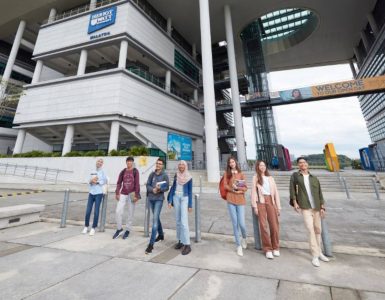


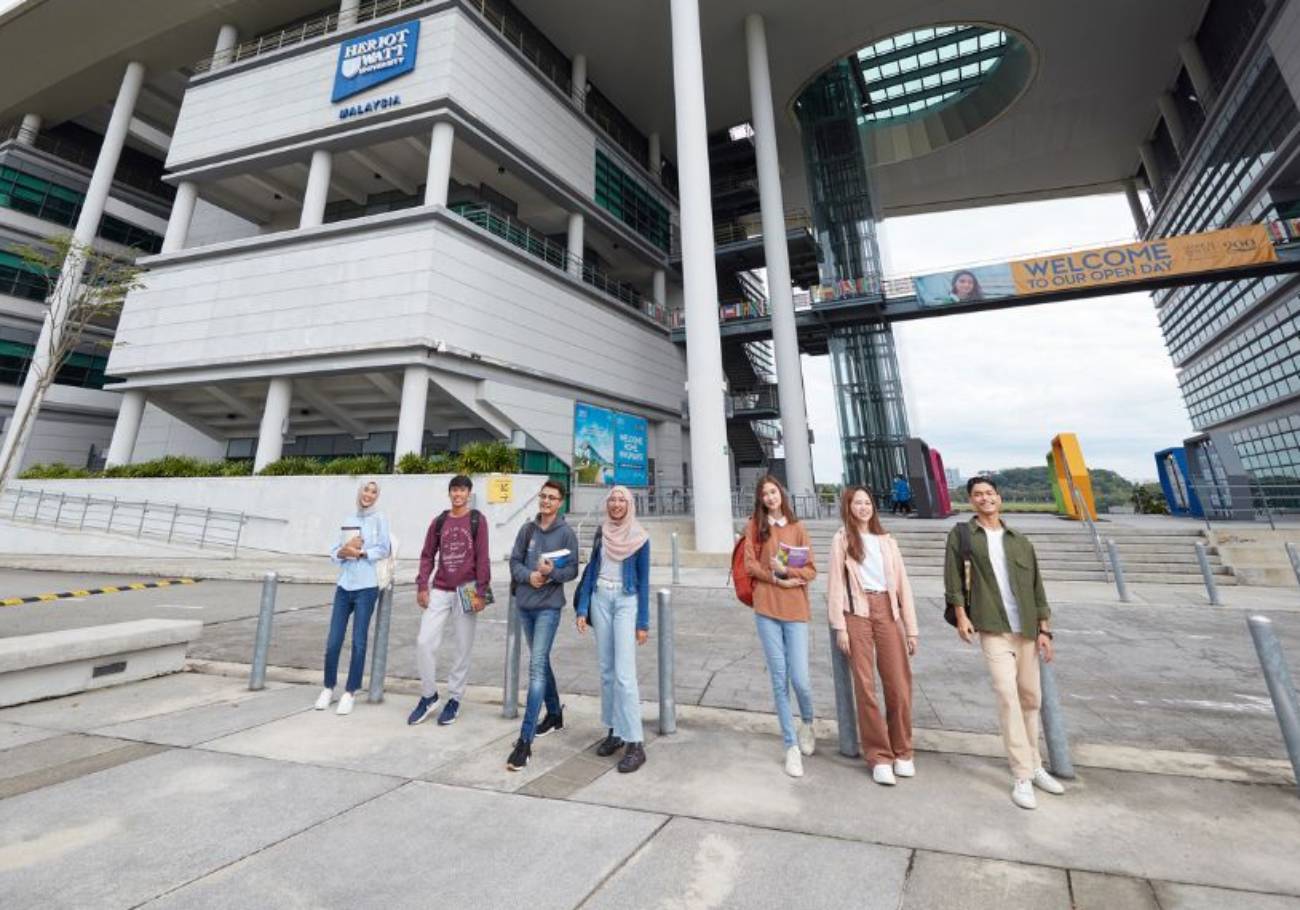





Add comment